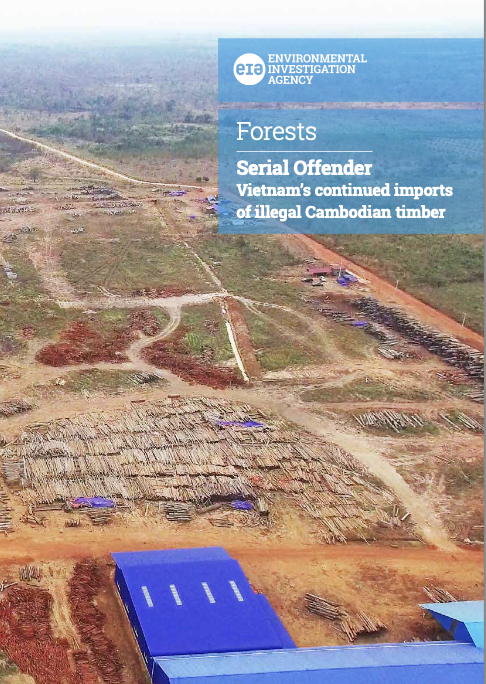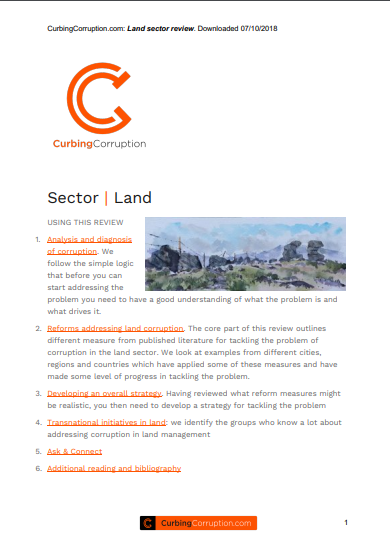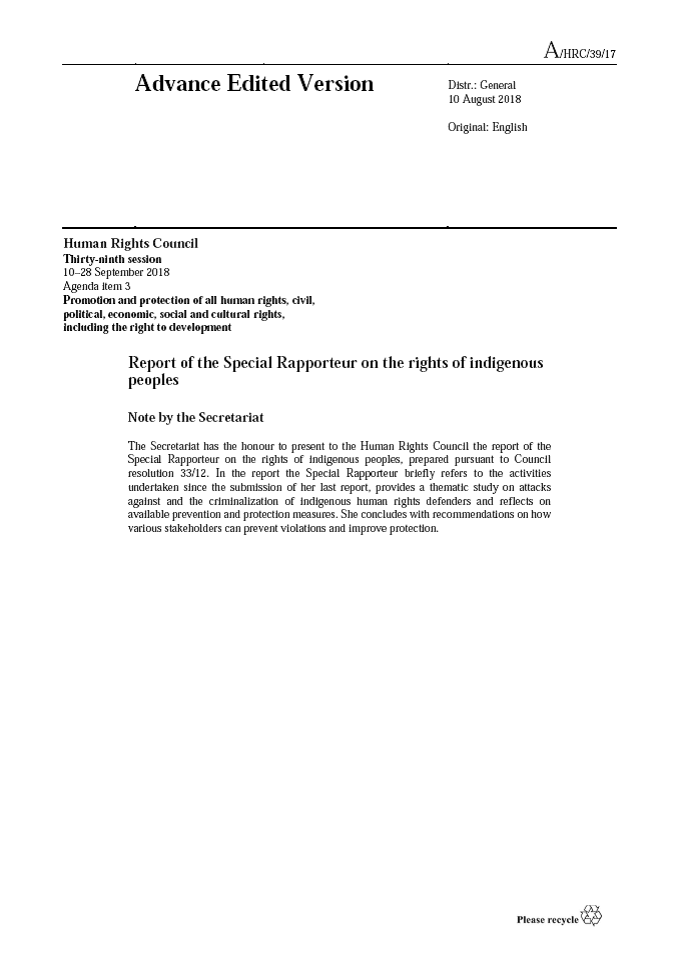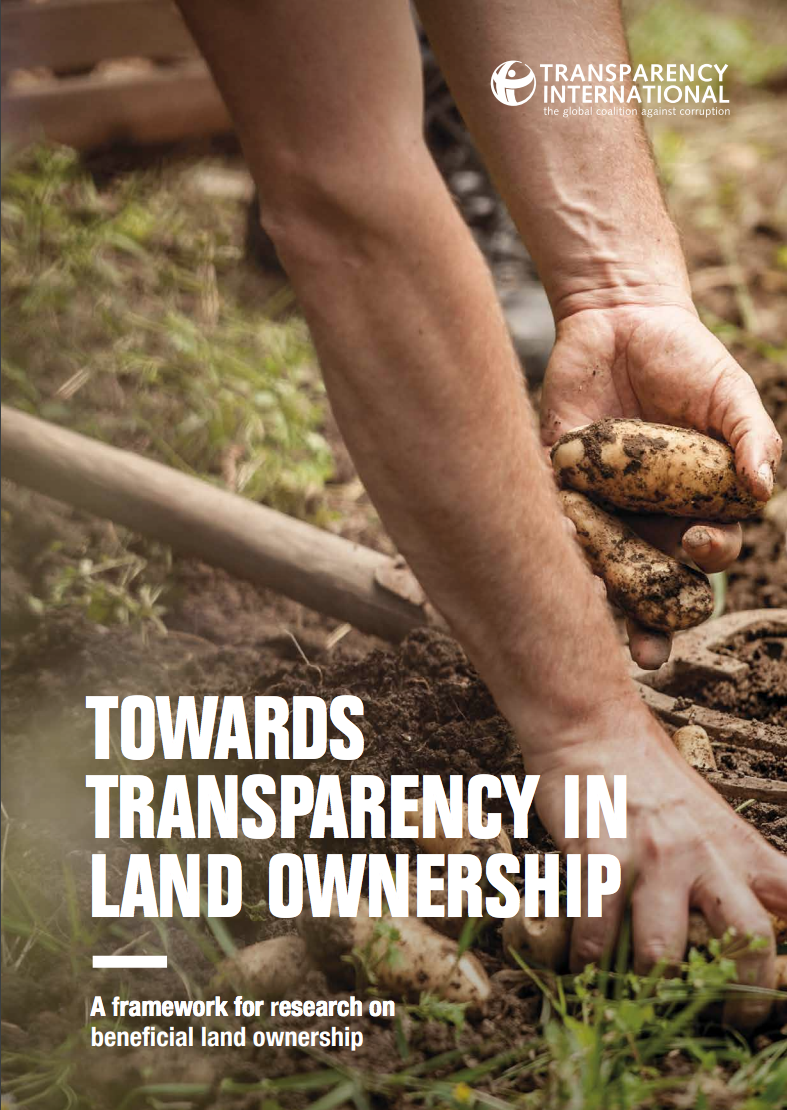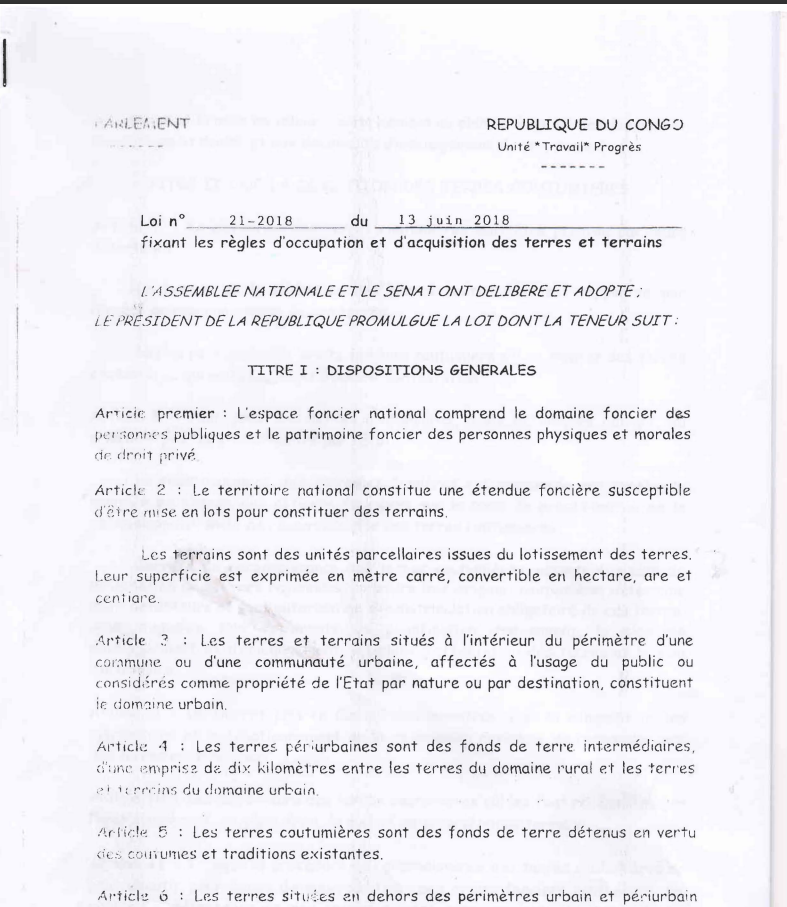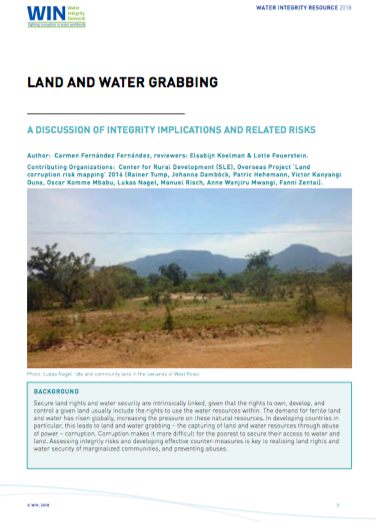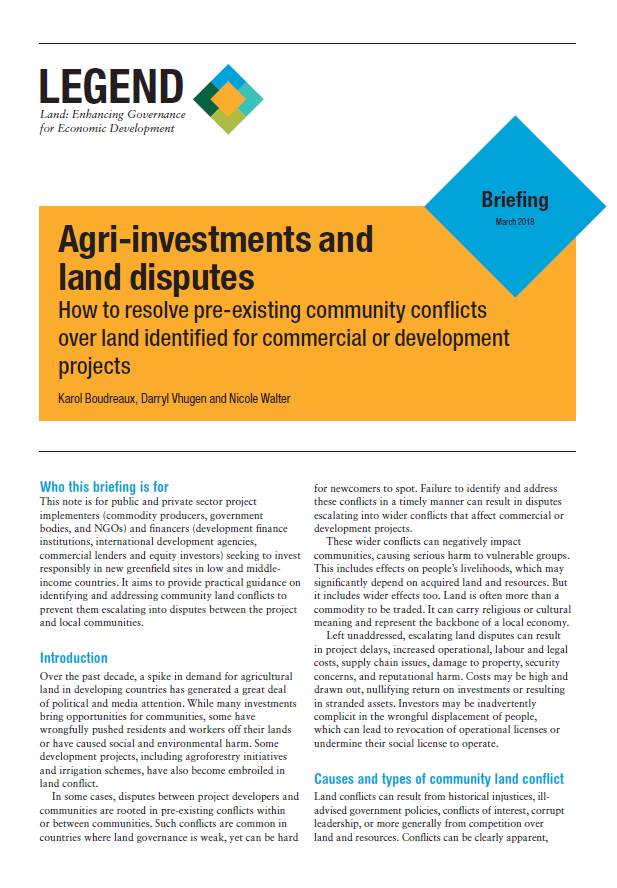Serial Offender: Vietnam’s continued imports of illegal Cambodian timber
Vietnam, which has a long history of theft of timber from neighbouring Laos and Cambodia, recently initialled a timber trade agreement with the European Union. This will see Vietnam implement legislation to address imports of illegally harvested or traded timber, in return for timber exports to the EU being deemed to comply with the requirements of the European Union Timber Regulation (EUTR).

